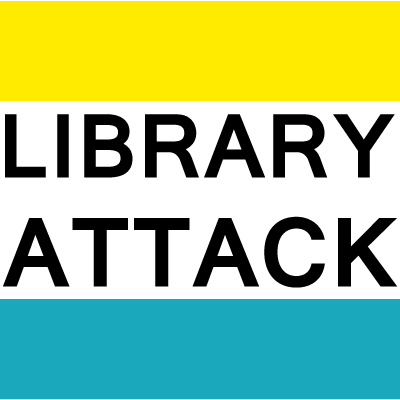Maybe it’s some sort of post-graduate ennui, or maybe I’m reverting back to an existential adolesence, but I’ve found myself asking “What’s the point of it all?” too often these past few months. What am I working for? How am I making a difference? Am I making a difference? You know, the sort of big questions that nag at you when you’re trying to sleep at 3:00 am. Or maybe they don’t, but this sort of self doubt is what drives me now since I don’t have school to push me.
Mary Carmen Chimato is one of my library heroes. Scratch that, she’s just one of my heroes. (She’s also a fellow Dragon!) Recently she blogged about stepping outside your comfort zone. The thrust of the post is that sometimes you need to be uncomfortable to be a better professional and try things you may not find natural or easy. She writes:
The point I am getting at, rather circuitously, is that doing that self-reflection and work was difficult and at times extremely uncomfortable. Being honest with yourself, the type of honest where you admit you have faults, is painful. However, it is also invaluable to our development and improvement and when you are committed to changing, the results can be life changing.
For Mary Carmen, this introspection has helped her become a better manager. Management is rough and I think one of the most under appreciated aspects of the library profession (or any profession, really). There’s nothing sexy about being a manger, rather you have to make the tough decisions and you can’t be anybody’s friend. You also get a lot of the blame when things go poorly. A good manager is a thing of beauty and I definitely look to Mary Carmen for direction in that regard.
How have I stepped out of my comfort zone? I’m trying to be a mature diplomat. Don’t laugh. This is work. I’m still young, at times petulant, and still learning how to balance the drive to change and innovate with the need to work with others. Unfortunately, there is truth to the cliché that librarians are passive aggressive. Not all, but I think it stems from not being comfortable with change. (Shock!) When I’m broaching sensitive subjects, which seems to be every project I’m working on, I need to have empathy towards those I’m working with. Will they understand this new wiki? How can I sell Twitter to them? What is my issue with the taxonomy, and how can I make it clear it’s not personal. If I care about something enough to get emotionally invested in it, I owe it to myself to take the time to communicate with my colleague to not only articulate my point but understand their perspective. It’s hard. It’s not me. I have to do it.
Of course, every time I tread towards a delicate area, such as telling somebody their plan isn’t very feasible or they’re behind the curve, I fret about how to let them know I disagree with their way or there is an issue. Perhaps it’s because the tiny voice in my head is a little snarky and then I over compensate and get frustrated, but I’m always worried about coming off too aggressive (to fight one stereotype) or too bratty. I think this is something I’ll always struggle with.

Leave a Reply to Mary CarmenCancel reply